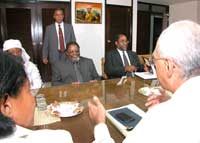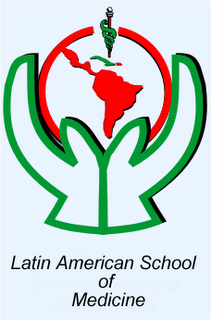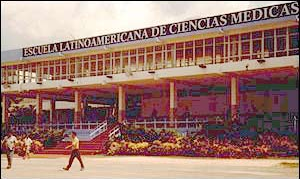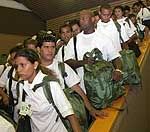You gather what you seed.
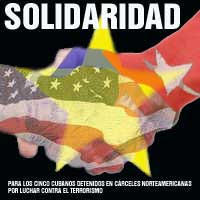 I believe that justice and the truth are becoming two words that take force in the world at the moment, the towns get tired of the manipulation and the lies of enriched corrupt politicians with the bread of the poor men. Whenever an upsetting is committed, the masses don’t take a long time to make it hear. The ailments of the towns become generals and the aid actions are taken without vacillating to who are the aid ones, single thinking about solidarity with each human, yes, because this world of competitions and wars has forgotten the days in that men were helped each others. If we are not those who bring our hands to help the humanity, who will do it? Still united, it‘s everything. At the moment as a part of the World-wide Day of Fight against the Terrorism and by the Liberation of the Five, that is made from September in several places of the planet, English young people of the organization Rock Around the Blockade developed in Trafalgar Square, London, a manifestation of support to the five Cuban heroes which they keep unjust prison in the United States, while actions of diverse type took place in Guatemala, France, Belize and Kazajstan.
I believe that justice and the truth are becoming two words that take force in the world at the moment, the towns get tired of the manipulation and the lies of enriched corrupt politicians with the bread of the poor men. Whenever an upsetting is committed, the masses don’t take a long time to make it hear. The ailments of the towns become generals and the aid actions are taken without vacillating to who are the aid ones, single thinking about solidarity with each human, yes, because this world of competitions and wars has forgotten the days in that men were helped each others. If we are not those who bring our hands to help the humanity, who will do it? Still united, it‘s everything. At the moment as a part of the World-wide Day of Fight against the Terrorism and by the Liberation of the Five, that is made from September in several places of the planet, English young people of the organization Rock Around the Blockade developed in Trafalgar Square, London, a manifestation of support to the five Cuban heroes which they keep unjust prison in the United States, while actions of diverse type took place in Guatemala, France, Belize and Kazajstan.
More>>
